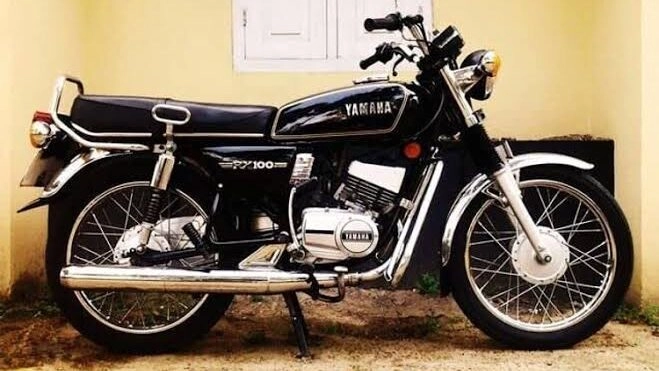
In a much-needed relief for lakhs of vehicle owners in Delhi, the proposed fuel ban on overage vehicles has now been paused. The decision comes after strong opposition from the public and due to several technical hurdles. Originally set to go into effect from July 1, 2025, the rule aimed to prevent petrol two-wheelers over 15 years old and diesel cars over 10 years old from refueling in Delhi.
Highlights
- Delhi’s overage vehicle fuel ban, originally from July 1, has been paused
- The policy faced resistance from citizens and infrastructure-related challenges
- Implementation will resume only after proper ANPR (Automated Number Plate Recognition) integration
- Over 62 lakh overage vehicles exist in Delhi, 41 lakh of which are two-wheelers
What Was The Original Plan?
The Commission For Air Quality Management (CAQM) had announced a strict rule to combat Delhi’s rising air pollution levels. Under this policy, refueling of End-of-Life (EOL) vehicles—those past the age limit of 10 years (diesel) and 15 years (petrol)—was to be denied across all fuel stations in Delhi from July 1, 2025.
To enforce this, fuel stations across the city were installing Automated Number Plate Recognition (ANPR) cameras, connected directly to the national Vahan vehicle database. These cameras were meant to instantly identify older vehicles and prevent them from being refueled.
Why Has The Rule Been Paused?
Delhi’s Environment Minister, Manjinder Singh Sirsa, intervened and requested the CAQM to put the implementation of Direction No. 89 on hold. In his letter, he cited the lack of complete ANPR coverage across Delhi and other NCR regions as a key concern. He stated, “We urge the Commission to put the implementation on hold with immediate effect till the ANPR system is seamlessly integrated across the entire NCR.”
According to the minister, the Delhi government is already taking multiple steps to improve air quality, and a sudden enforcement like this may lead to unnecessary distress.
What Are The Challenges?
Although around 500 fuel stations have installed ANPR systems, many still lack functional integration. Several reports suggest that some cameras are not working reliably, and there’s a growing trend of people traveling to neighbouring NCR towns—like Gurugram, Ghaziabad or Noida—for refueling, which defeats the purpose of the rule.
Moreover, there are over 62 lakh overage vehicles in the city, of which more than 41 lakh are two-wheelers. Many citizens rely on these old vehicles for their daily commute or livelihood. Replacing them on short notice is simply not practical for a large segment of the population.
What Could Be A Better Solution?
Experts suggest that instead of targeting vehicles solely based on age, the authorities should focus on enforcing pollution control through valid PUC (Pollution Under Control) certificates. If a vehicle passes emission norms, it should be allowed to run regardless of its age. This will not only ensure fair treatment for vehicle owners but also help reduce pollution in a more balanced way.
What’s Next?
For now, the fuel ban is on pause. The authorities have not issued a new enforcement date and are expected to continue expanding the ANPR system and address other technical issues. The situation remains fluid, and further updates can be expected in the coming weeks.
Stay tuned as we keep an eye on how the Delhi fuel policy shapes up in the near future.
